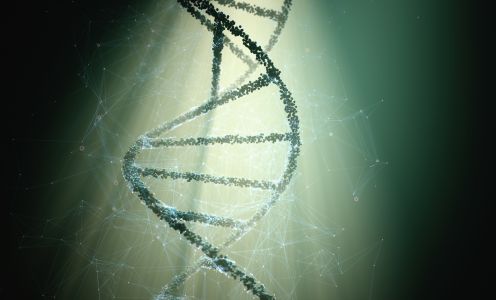Gentherapien
Diskrepanzen zwischen theoretischer Bewertung, praktischem Nutzen und Erstattung
Das komplette Abstract "Gaps between theoretical assessment, practical benefit and reimbursement of gene therapies" ist ausschließlich auf Englisch verfügbar. Kontaktieren Sie uns gerne für weitere Informationen über unseren deutschsprachigen Vortrag.
Objectives:
For many patients with rare diseases, gene therapies provide hope for a curative treatment of their disease and consequent normalization of living conditions and/or life expectancy. However, research and development costs for such novel therapies are often significantly higher compared to conventional therapies. Due to difficulties in predicting long-term efficacy and risks, this poses a strategic challenge for their reimbursement.
This analysis aims to assess the evidence presented during the AMNOG-based benefit assessment procedures of gene therapies in correlation with the resulting reimbursed prices.
Methods:
Utilizing the MAIS database, a comprehensive evidence analysis incl. net rebate provided after price negotiations was conducted on each gene therapy product that has been processed by the G-BA to date.
Results:
28 GBA procedures have been identified for gene therapies for a total of 17 active ingredients. Of the currently completed 22 procedures, 20 are addressing orphan diseases. The negotiated net rebate of gene therapy procedures ranged from 13.8 to 49.1%. However, 4 gene therapies withdrew from the market during price negotiations or after arbitration.
Resulting from the evidence analysis, 5 out of the 22 completed procedures (23%) were identified to provide an RCT as evidence base. In 3 of these 5 procedures a quantifiable additional benefit was established in at least 1 subpopulation. In contrast, 17 of all completed procedures (77%) did not provide an RCT as evidence base. Out of these 17 procedures 15 (88%) achieved no additional benefit or only a non-quantifiable additional benefit. According to G-BA, the evidence base in the respective procedures was not sufficient for assessment because of study design – the pharmaceutical entrepreneur had not submitted adequate data. In 1 procedure, an indirect comparison of two single-arm studies using a paired sibling analysis was considered for assessment of an additional benefit.
Conclusion:
Given that IQWiG and G-BA assess the additional benefit of gene therapies by applying the same criteria as for conventional therapies, generating sufficient evidence (i.e. via an RCT) is essential. However, due to ethical concerns and low patient numbers, resulting study designs are usually approved by regulatory authorities, albeit typically not by G-BA. Consequently, a gap opens up between requirements for approval and for the additional benefit assessment according to AMNOG. Thus, the effective benefit of gene therapies for patients may not be demonstrated. Moreover, many products receive high rebates within negotiations and may be withdrawn from the German market.
Kontaktieren Sie uns

Medical Writer
Approbierte Apothekerin
Fax: +49 511 64 68 14 – 18


